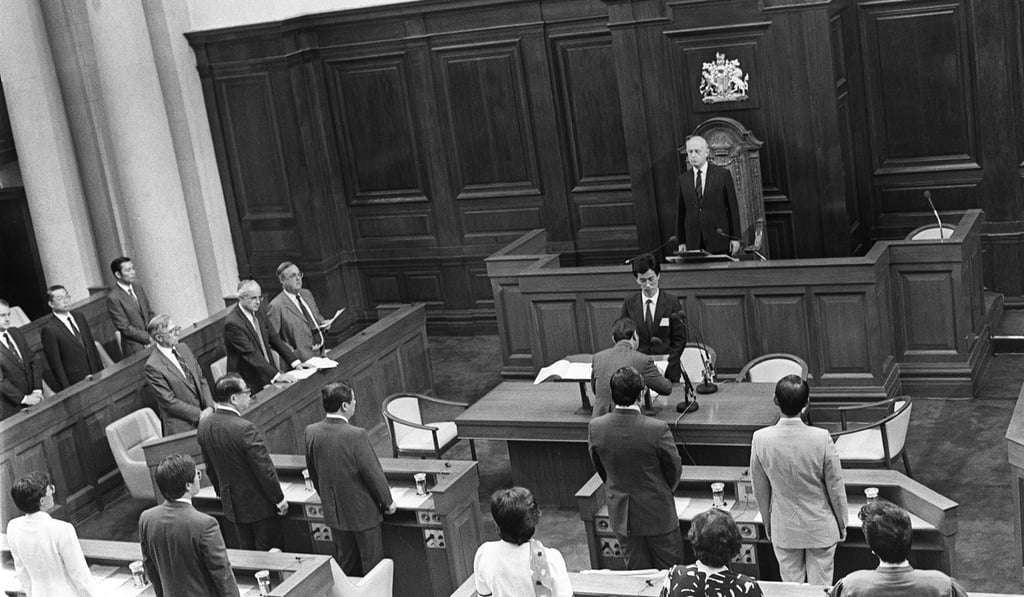Letters | Compared to colonial times, the rule of law in Hong Kong has improved, rather than deteriorated
- As a British colony, Hong Kong never had anything near full democracy nor checks and balances to limit executive power. Worse, faraway London had the final judicial adjudication and interpretive authority

There may be some merit to this view but it isn’t clear that there has been a decline in the rule of law in Hong Kong post-1997 versus pre-1997.
Before 1997, Hong Kong, being a British colony, had no fully democratic locally elected institutions. There were no checks and balances limiting the executive power of the governor. During most of the colonial era, Hong Kong lacked a locally elected legislative body to formulate its own laws.
Hong Kong’s laws were adopted from those issued by the British Parliament in London. Most were simply copied with minor adaptations made to some to suit the local context. Laws were not vetted by a democratically elected body in Hong Kong. Statutes or legislation in effect had no democratic validity, at least if we are to consider them within the local Hong Kong context.
